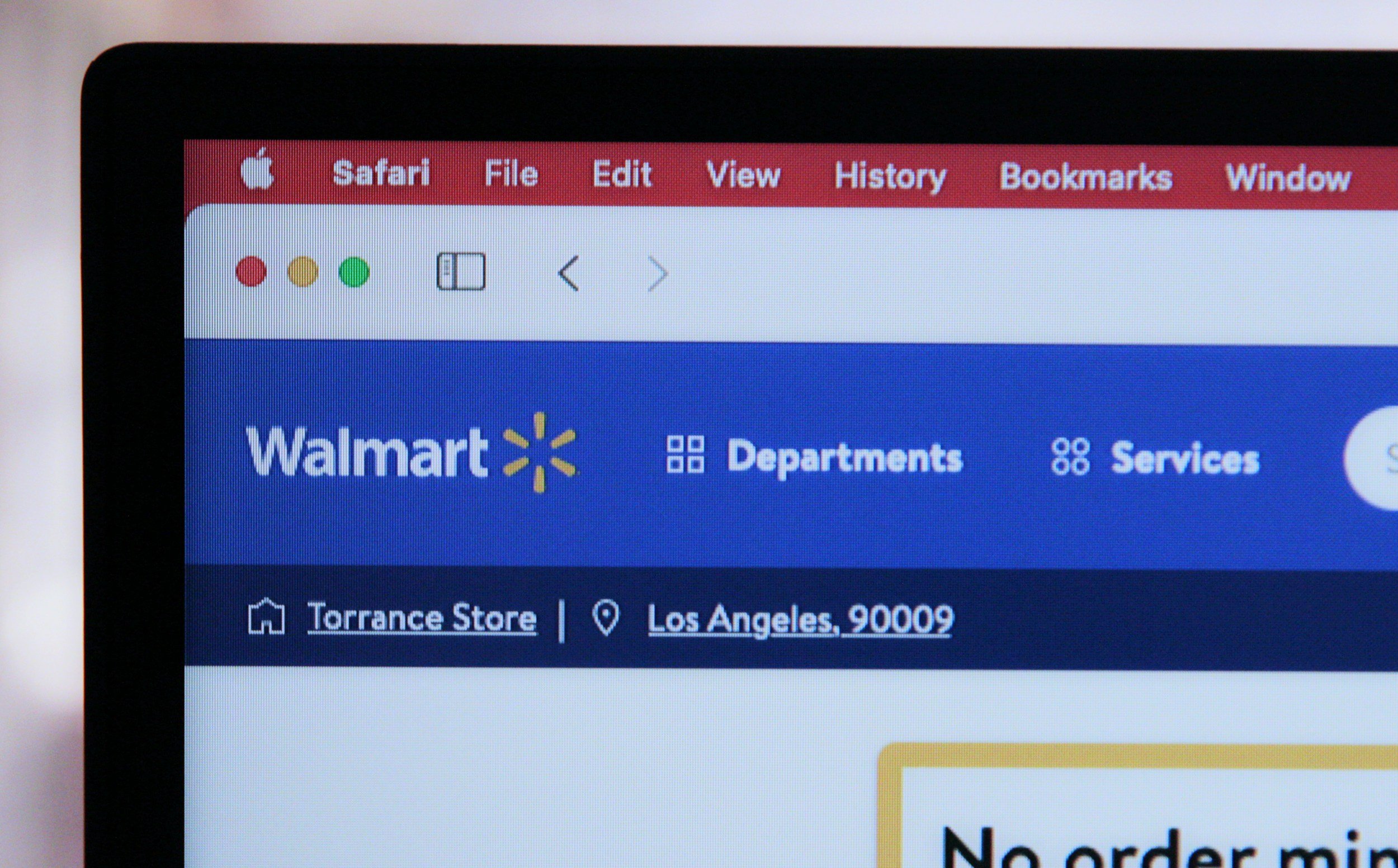
Endurepreneur Insights

Understanding Different Employment Types: Which One is Right for You?
Understanding Different Employment Types: Which One is Right for You?
When it comes to choosing the right employment type, understanding the differences between full-time, part-time, freelance, contract, temporary, and remote positions is key to finding the job that best aligns with your career goals and lifestyle. Each employment type offers distinct advantages and challenges that can impact your work-life balance, income potential, and long-term career progression. In this blog, we break down each of these common employment types and help you navigate which option might be the best fit for your current needs and aspirations.

Job Seekers' Woes: Navigating the Complexities of the Current Job Market
The current job market is a challenging landscape for job seekers, with many navigating an environment marked by uncertainty, inflation, and shifting economic priorities. While some industries continue to thrive, others have seen hiring freezes, and job seekers face the stress of navigating endless application processes, rejections, and competing against a growing pool of candidates. In this article, we will delve into the causes behind the frustration many job seekers feel today, the trends shaping the job market, and how candidates can better position themselves for success.

Sleigh Your Job Search: Holiday Season Tips for Job Seekers and Employers
The holiday season is often viewed as a time for relaxation and celebration, but for job seekers and employers alike, it’s an opportune moment to get ahead of the competition. While many assume the job market slows down during the holidays, it can actually be a prime time for career growth and recruitment. In this article, we’ll explore how job seekers can use the festive season to their advantage and how employers can find the right talent during this crucial period. Whether you're job hunting or hiring, you can sleigh your goals this holiday season!

What Job Seekers Need to Know About AI and How to Use It to Your Advantage
In today’s competitive job market, Artificial Intelligence (AI) is rapidly changing the landscape of recruitment and job seeking. While many candidates fear that AI might replace human workers, the truth is that AI can actually be a powerful tool for job seekers. From optimizing resumes to enhancing interview preparation, AI offers opportunities to gain a competitive edge in your job search. In this article, we will explore how job seekers can harness AI to increase their chances of landing their next role.

Spotting the Red Flags: How to Protect Yourself from the Growing Wave of Job Market Scams
The job market has never been more competitive, but unfortunately, alongside legitimate opportunities, there's an alarming increase in scams targeting job seekers. With the rise of online job boards and remote work, scammers have found new ways to prey on vulnerable individuals looking for work. These scams can come in many forms—from fake job postings asking for personal information or up-front payments to companies offering high salaries with minimal work requirements. In this article, we’ll explore the red flags to look out for, share tips on how to protect yourself, and provide guidance on how to report and recover from job market scams.

Broken Crayons Still Color: Staying Resilient in the Job Market
In the challenging and often discouraging job market, it’s easy to feel like your potential is fading, like a crayon that’s been worn down from constant use. But just like broken crayons still color, your abilities, experiences, and passions are still valuable, even when the job search feels overwhelming. The key is to not let rejection or setbacks define your self-worth. Every experience, even the ones that feel like failures, shapes your journey and brings you closer to the right opportunity. Keep coloring outside the lines, because your next big break might be just around the corner.

Beyond the Classroom: How Homework Assignment Interviews are Shaping Hiring Practices
In recent years, many companies have turned to homework assignments as part of their interview process, aiming to assess candidates' skills and problem-solving abilities in real-world scenarios. While this approach can provide valuable insights, there is a growing concern about the negative side of this trend. For many job seekers, these assignments can be time-consuming, stressful, and sometimes even exploitative. Candidates may be asked to complete lengthy tasks without compensation, potentially putting them at a disadvantage, especially if they are juggling other job opportunities or personal commitments. Moreover, homework assignments can unintentionally favor candidates who have more free time or resources, creating an unequal playing field. As companies continue to use these methods, it’s important to weigh the benefits against the potential drawbacks and consider whether the practice truly leads to better hiring decisions—or if it simply adds unnecessary pressure to an already challenging process.

Walmart Scales Back DEI Efforts: What it Means and How We Should Feel About It
Walmart’s recent decision to scale back its diversity, equity, and inclusion (DEI) efforts has raised important questions about the future of these initiatives in corporate America. While the company has emphasized that it remains committed to diversity, it aims to integrate these values into everyday business operations rather than treating them as standalone programs. This shift has sparked concern among employees and DEI advocates who fear that it could hinder progress on racial and gender equality in the workplace. However, some see this as an opportunity to rethink how DEI is embedded into the core of business practices, potentially creating more sustainable, long-term change. As Walmart’s move echoes broader trends in the business world, it is crucial to consider how companies can balance economic pressures with a genuine commitment to building diverse and inclusive environments.

Gratitude at Work: How Thanksgiving Can Inspire a Culture of Appreciation
As Thanksgiving approaches, many of us take time to reflect on what we’re thankful for—family, health, and personal accomplishments. But what if we brought that same sense of gratitude into the workplace? "Gratitude at Work: How Thanksgiving Can Inspire a Culture of Appreciation" explores how incorporating thankfulness into daily office life can have a profound impact on employee morale, productivity, and overall company culture. By recognizing the contributions of your team, celebrating small wins, and fostering an environment of mutual respect, businesses can create a positive atmosphere where everyone feels valued. Beyond the holiday season, cultivating a culture of appreciation leads to stronger relationships, increased engagement, and a more motivated workforce. Gratitude, after all, is one of the simplest—and most powerful—ways to build a thriving workplace.

Redefining DEI: Moving Beyond the Buzzwords in the Workplace
In today's workplace, Diversity, Equity, and Inclusion (DEI) have become essential pillars for creating a positive and productive environment. However, as companies increasingly focus on DEI initiatives, there’s a growing realization that simply using the right terminology and checking off boxes is not enough. To truly foster an inclusive culture, organizations must go beyond buzzwords and take meaningful action. This means embedding DEI principles into every aspect of the business—from hiring practices and leadership development to daily interactions and company values. By moving past surface-level commitments and prioritizing real change, companies can create environments where every individual feels valued, supported, and empowered to succeed.

Beyond the Office: Embracing the Future of Remote Work
Remote work is rapidly becoming the wave of the future, reshaping how companies operate and employees work. With advances in technology and a growing emphasis on work-life balance, more businesses are embracing flexible, location-independent models. Remote work offers increased productivity, access to a global talent pool, and greater employee satisfaction. As we look ahead, it’s clear that this shift isn’t just a passing trend but a long-term transformation in the way we think about work.
